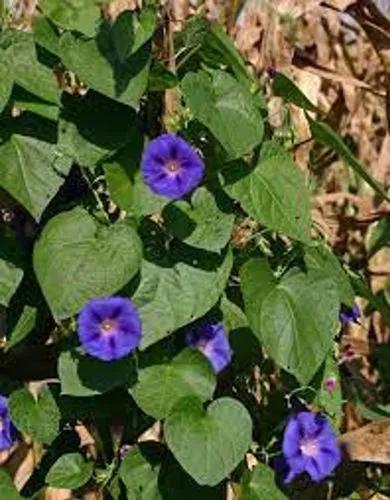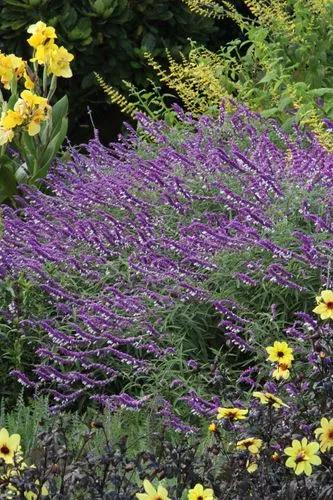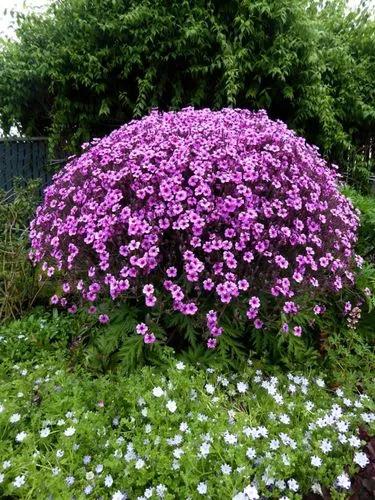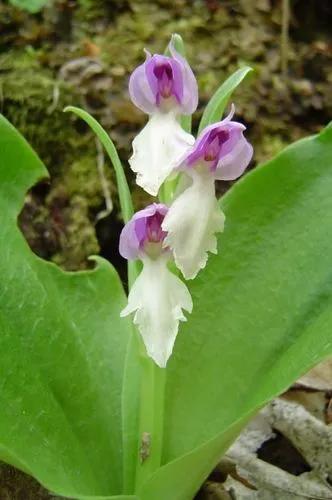The Magellan Fuchsia is a low-maintenance plant that can brighten up any garden or outdoor space. Its tall stature makes it sound like a privacy or windbreak hedge. With the proper nutrients and care, it can flourish in any garden.
Fuchsia Care
Fuchsia magellanica
Other names: Hardy Fuchsia



Fuchsia magellanica is a plant native to South America, specifically Patagonia. Look for an evergreen shrub growing up to two meters in height with bright pink bell-shaped flowers to identify this plant.
How to Care for the Plant

Water

Magellan Fuchsia's soil must be kept moist but not drenched. Thus, during summer, water the shrub every few days but reduce the watering to once per week in winter. You can also mist its leaves to keep the air around the plant humid.

Pruning

Pruning of the plant should be done in early spring before new growth begins. Cut back any dead or dying stems, and shape the shrub if necessary.

Fertilizer

Fertilize the soil with a balanced fertilizer every one to two months to ensure the plant has the nutrients it requires to thrive.

Sunlight

Magellan Fuchsia prefers bright, indirect sunlight. If you are growing the plant indoors, place it in a sunny location and rotate it regularly to ensure it receives adequate light.

Soil

Fuchsia magellanica prefers moist but well-drained humus-rich fertile soils shaded from the afternoon sun.

Propagation

It is possible to grow new plants from the cuttings of this Fuchsia. Dip 4 inches (10 cm) cutting from a healthy, non-flowering stem in rooting hormone before planting it in a moist soil pot. Keep the pool moist and in a bright but shaded location. The cuttings should have developed roots after a few weeks and can be transplanted outside.

Temperature

This flower prefers a cool, moist climate and can withstand temperatures as low as 14°F (-10°C). Thus, plant the shrub in a partially shaded area to protect it from the harsh sunlight in areas with intense summer heat.

Container

The plant should be grown in a container with good drainage and acidic soil for best results.

Fun fact

This flower is a member of the Onagraceae family, which contains around 100 species, most of which have showy flowers. It is also a hardy plant that can withstand cold temperatures.

Popularity

15,352 people already have this plant 2,254 people have added this plant to their wishlists
Discover more plants with the list below
Related articles






